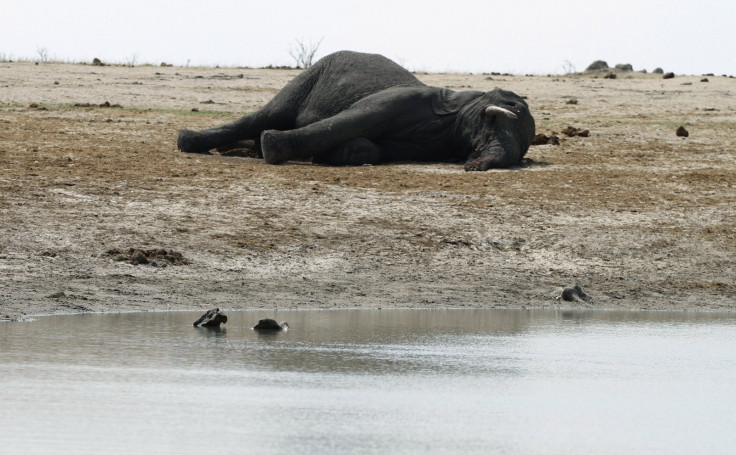Elephant poaching hotspots identified through dung samples by University of Washington biologist

The best hope of putting an end to elephant poaching may lie in their dung, according to a pioneer of using DNA evidence to track poaching hotspots.
University of Washington biologist Samuel Wasser has been tirelessly matching confiscated elephant tusks with DNA samples from elephant excrement, tissue and hair across Africa.
By doing this, he hopes to put a halt to the illegal ivory trade by looking at the hotspots where poachers are hunting.
His results show that in the last 10 years, ivory has been sourced from two main locations in Africa.
"Africa is a huge continent, and poaching is occurring everywhere. When you look at it that way it seems like a daunting task to tackle this problem," Wasser said of his findings which were published in Science. "But when you look at large ivory seizures, which represent 70% of illegal ivory by weight, you get a different picture.
"Understanding that vast amounts of this major transnational trade is focused on two primary areas makes it possible to focus law enforcement on those areas and eliminate the largest amount of illegal killing."
The University of Washington scientist and his team have been receiving the seizures of elephant tusks since 2005, although the amount they were receiving increased massively in 2013 when Interpol decided that all seized ivory should be sent to them for DNA analysis.
In the research, the team studied 28 seizures which all weighed more than half a ton. All but one of these came from just four regions in Africa, and most seizures since 2006 were concentrated in just two areas.
Since 2006, more than 85% of the forest elephant ivory was traced to the central African Tridom protected ecosystem located on the boarders of Gabon, Republic of Congo and Cameroon. More than 85% of the savanna elephant ivory seized since the same time came from the Selous Game Reserve in south-eastern Tanzania and the Niassa Reserve.
Wasser added: "When you're losing a tenth of the population a year, you have to do something more urgent - nail down where the major killing is happening and stop it at the source. Hopefully our results will force the primary source countries to accept more responsibility for their part in this illegal trade, encourage the international community to work closely with these countries to contain the poaching, and these actions will choke the criminal networks that enable this transnational organized crime to operate."
© Copyright IBTimes 2025. All rights reserved.






















